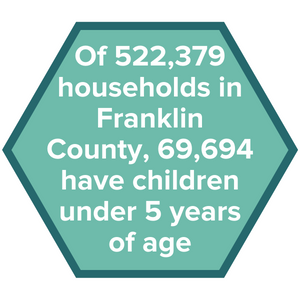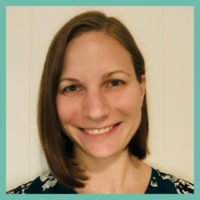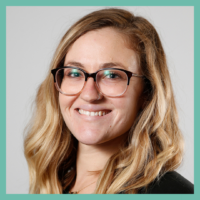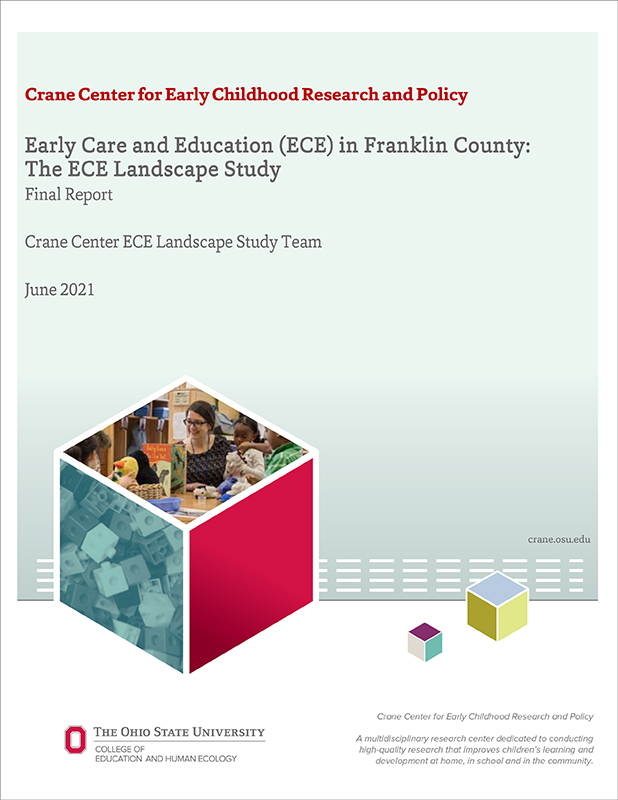
About the Study
The Crane Center for Early Childhood Research and Policy partnered with the City of Columbus and Future Ready Columbus to conduct a study on the Early Care and Education Landscape in Franklin County (“Landscape Study”). The Landscape Study aimed to identify salient early care and education experiences for children under the age of five in Franklin County, including: participation in formal and informal care arrangements; caregiver beliefs and practices; and home learning activities and experiences. The study also hoped to identify barriers and enablers to early care and education for families in the Columbus area.
Childcare should be treated like the vital infrastructure that it is, and the pressures put on providers and parents during this pandemic make it abundantly clear that maintaining the status quo is not acceptable. This study will help us address the gaps in the childcare system and support the needs of every family and every child in our community.
– Columbus City Council President Pro Tem Elizabeth Brown in the council’s press release about the study
A Look at the Study
Early Care and Education (ECE) in Franklin County: The ECE Landscape Study
Authors: Crane Center Landscape team – commissioned by and in partnership with Columbus City Council and Future Ready Columbus
Overview:
This 7-month study explored the early childhood education experiences of families with children zero to five in Franklin Co, Ohio and with a deeper dive in three Columbus neighborhoods: Hilltop, Linden, and Southside. Specifically, researchers sought to learn more about the types of care arrangements children were enrolled in, as well as their home learning experiences, and about barriers and perceptions among families and caregivers.
Importance of this research:
The experiences that young children have with early education and early learning experience impact their readiness for kindergarten and formal schooling; kindergarten readiness, in turn, strongly impacts a child’s later schooling success. Because of the varied funding and governance streams for early childhood education (ECE) as well as the variety of care arrangements child are in – formal, informal, center-based, at-home, relative/kinship care – it is hard to maintain precise data about children’s early education experiences.
The City of Columbus has prioritized early childhood education through investments in Early Start Columbus, support for early educators to obtain their Child Development Credentials, direct grants to early childhood providers, and more. As part of this commitment to expanding high-quality early childhood access, it is important to know key data points regarding the learning experiences of young children across Franklin County. It is also critical to understand the unique experiences – and barriers and challenges – of children in communities with additional hurdles or disadvantages, hence the study’s deep dive into three particular communities that have also received extra support and community investment from the City.
The research methodology used for this study is worth highlighting in that it used a sampling approach that allows for the data to be generalizable to the county. Because of this, broader conclusions can be drawn regarding the nearly 70,000 households in Franklin County with children under 5 years of age. (One important limitation to note, however, is that Somali- and Spanish-speaking families were underrepresented among participants so findings are not generalizable to those families.)
Key Findings

Where are children in ECE?
- Approximately one-half of sampled children between the ages of 0 and 5 years in Franklin County (51-53%) spent time in a regular out-of-home care arrangement during the average work week (Monday and Friday during the hours of 9 a.m.-5 p.m.).
- Of those in an out-of-home care arrangement, about 85% were enrolled in a daycare or early learning center, with only 15% of children cared for in a person’s private home. In the “3c” sample (of Linden, Hilltop and Southside) the percentage enrolled in daycare or early learning center was lower (78-79% of children).

How the study was conducted
- Through online surveys and more in-depth focus groups, researchers sought to learn more about the types of care arrangements children were enrolled in, as well as their home learning experiences, and about barriers and perceptions among families and caregivers.
- The study team purchased demographic data for Franklin County households with children under 5 years of age from Marketing Systems Group (MSG). MSG provided data on race, ethnicity, education, and income from the 2019 American Community Survey Public Use Microdata Sample (PUMS) 1-year dataset.
Differences by parental education levels or race/ethnicity
- 46-48% of families with less than a college education had children cared for outside the home during the workweek between 9 a.m.-5 p.m., which is significantly less than the 55-56% of families with at least a college education. Put differently, parents with higher levels of education used out-of-home care for their children at significantly higher rates than those with lower levels of education.
- Among children cared for outside of the home during the work week, approximately 85-90% of non-Hispanic white and Black families enrolled their children in an early learning center compared to only 75-80% of Hispanic families. Put another way, although Hispanic families were equally likely to have their children be cared for outside of the home, they were significantly more likely than Black and non-Hispanic white families to rely on a care arrangement in someone else’s private home.
Types of learning experiences
- Approximately half of children in Franklin County played with adults or other children and roughly 35-50% of children engaged in different types of academic learning activities (e.g., looking at books; working on numbers, letters, words).
- Roughly 40% of children played alone or watched television, and over a quarter played with a tablet or phone. Children in the evenings were far more likely to take a nap and play with tablets or phones, and less likely to engage in academic learning activities.
- In general, children cared for in their own home during the work week were significantly more likely to play with an adult or alone, whereas children cared for in someone else’s home or in a daycare or early learning center were far more likely to play with other children.
Barriers
The most cited barrier for parents was program quality.
- Three-quarters of parents reported that if an early learning center opened in their neighborhood and they were invited to enroll their child, they would choose not to place their child in the program if the program had a poor-quality rating (70%).
- Parents also reported barriers related to cost and program affordability (52%), hours and schedules (46-54%), and convenience (e.g., center not being within walking distance, 46%).
- Approximately six out of every ten families whose children were cared for outside the home in Franklin County reported having a somewhat or very difficult time finding good quality care for their child.
- Parents reporting difficulty in finding good quality care were significantly higher in Linden, Hilltop, and Southside by approximately 10 percentage points relative to the non-3C communities.
Meet the Crane Team and Study Authors

Laura Justice, PhD
Principal Investigator
Dr. Justice’s research looks at the role of teachers and parents in implementing interventions and how it can impact children’s learning. She is also interested in early childhood quality and how various aspects of quality affect children’s gains within classroom settings.
Read more about Dr. Justice here.

Elizabeth Cooksey, PhD
Co-Investigator
Dr. Cooksey is a Professor of Sociology and the director of the Center for Human Resources Research at The Ohio State University where she oversees multiple local, regional and national surveys. She is the principal investigator of the 1979 National Longitudinal Survey of Youth, Child and Young Adult study and of the American Population Panel, which conducts research surveys among 38,000 U.S. residents.
Read more about Dr. Cooksey here.

Arya Ansari, PhD
Co-Investigator
Dr. Ansari focuses his research on understanding young children’s development by examining a child’s context and background. His goal is to help shed light on these factors in order to see policies and interventions designed to help children from disadvantaged backgrounds.
Read more about Dr. Ansari here.

Mikyung Baek, PhD
Co-Investigator
Dr. Baek is a senior research associate in the Kirwan Institute for the Study of Race and Ethnicity’s Opportunity Communities program at The Ohio State University. Her research interests include examining a wide-range of opportunity areas for children, including their own experiences, geography and neighborhoods, food security and health equity.
Read more about Dr. Baek here.

Britt Singletary, PhD
Postdoctoral Researcher
Dr. Singletary is a biological anthropologist who studies how traits unique to humans, such as language and complex thinking, work together to create rich learning environments for children.
Read more about Dr. Singletary here.

Janelle Williamson
Project Director
Janelle supports all aspects of research at the Crane and Schoenbaum Centers as the first point of contact for Crane research staff and for those interested in conducting research at the A. Sophie Rogers School for Early Learning. She has also previously worked on other Crane Center research projects.
Read more about Janelle here.



